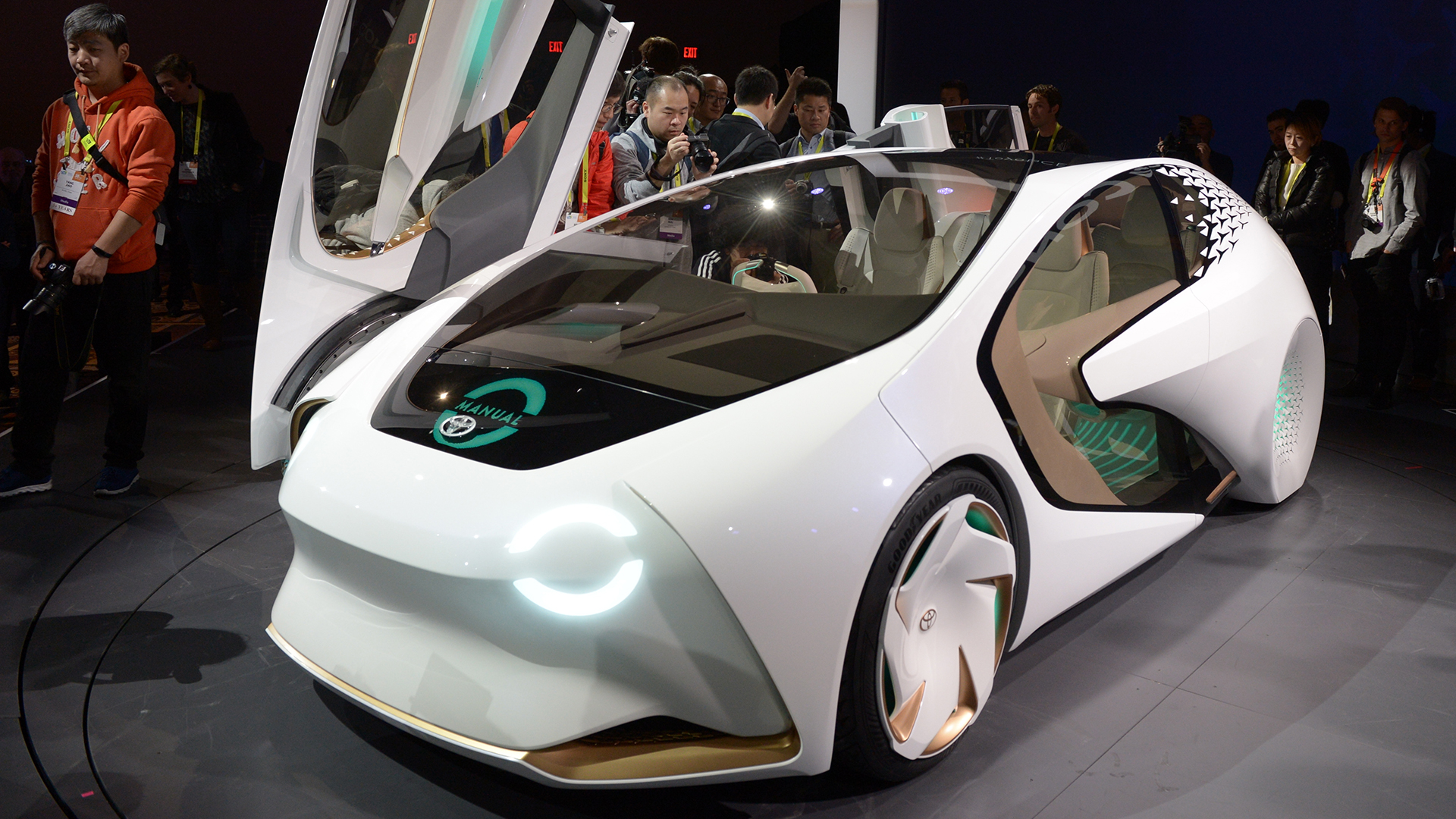

Like many other automakers, Toyota is testing prototype self-driving cars on closed courses and public roads. It’s even got one with two steering wheels. But the Japanese automaker is preparing to test more sophisticated technology.
Toyota will begin testing self-driving cars that use artificial intelligence to “talk” to human drivers around 2020, reports Reuters. The car used in these tests will be based on the Toyota Concept-i that debuted at CES 2017 back in January, and featured an AI personal assistant named Yui.
While some automakers and tech companies believe autonomous cars will make human drivers redundant, Toyota wants autonomous systems to compliment human drivers. AI is the key to that, the automaker believes.
“By using AI technology, we want to expand and enhance the driving experience, making cars an object of affection again,” Makoto Okabe, general manager of Toyota’s electric car business and planning division, said in an interview with Reuters.
The Toyota Concept-i was designed to let drivers toggle between automated and manual modes. Its AI can also monitor driver behaviors to predict a person’s mood and attentiveness, allowing the autonomous systems to take over when the human driver isn’t up to the task, or just doesn’t feel like driving.
Incorporating these features into a production car may difficult, though. It may be some time before we see production cars capable of full autonomy, known as Level 5, let alone AI sophisticated enough to determine when a person is capable of driving. That adds another level of complexity on top of simply getting a car to drive itself.
Nonetheless, Toyota’s planned tests should be interesting. The idea of an AI sidekick has been popularized by movies and video games, but it’s hard to say exactly how real people will interact with one in a car, especially one that tries to read their emotions. It may be vital to managing human-machine interactions in Toyota’s autonomous cars, but it’s also a bit creepy.